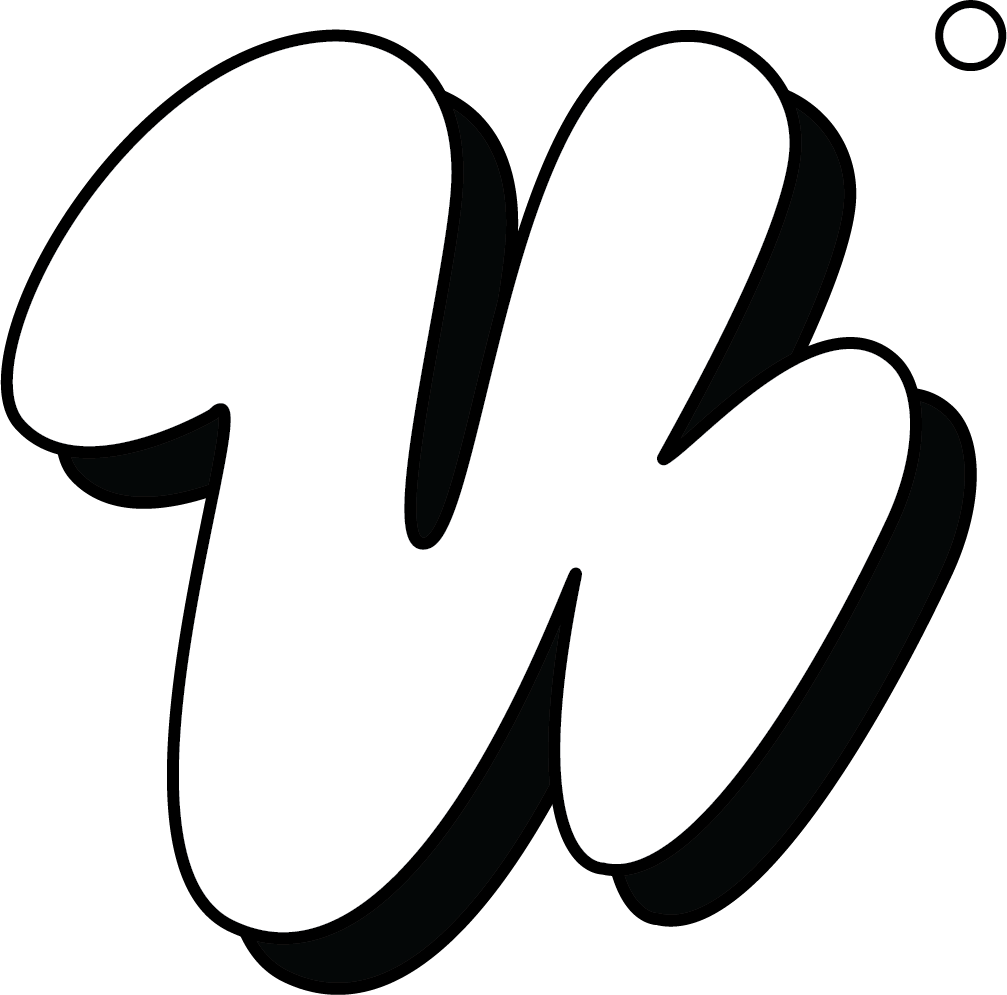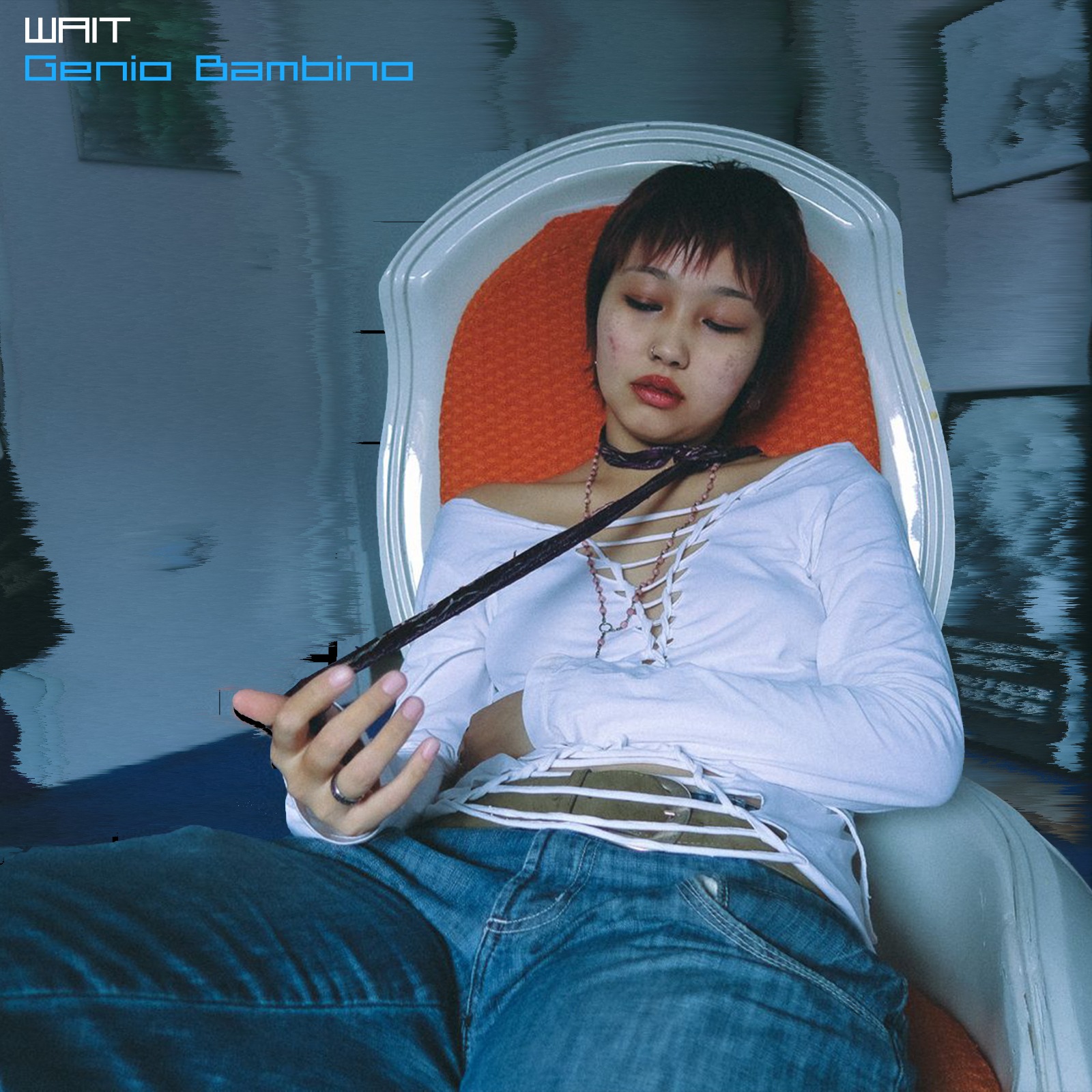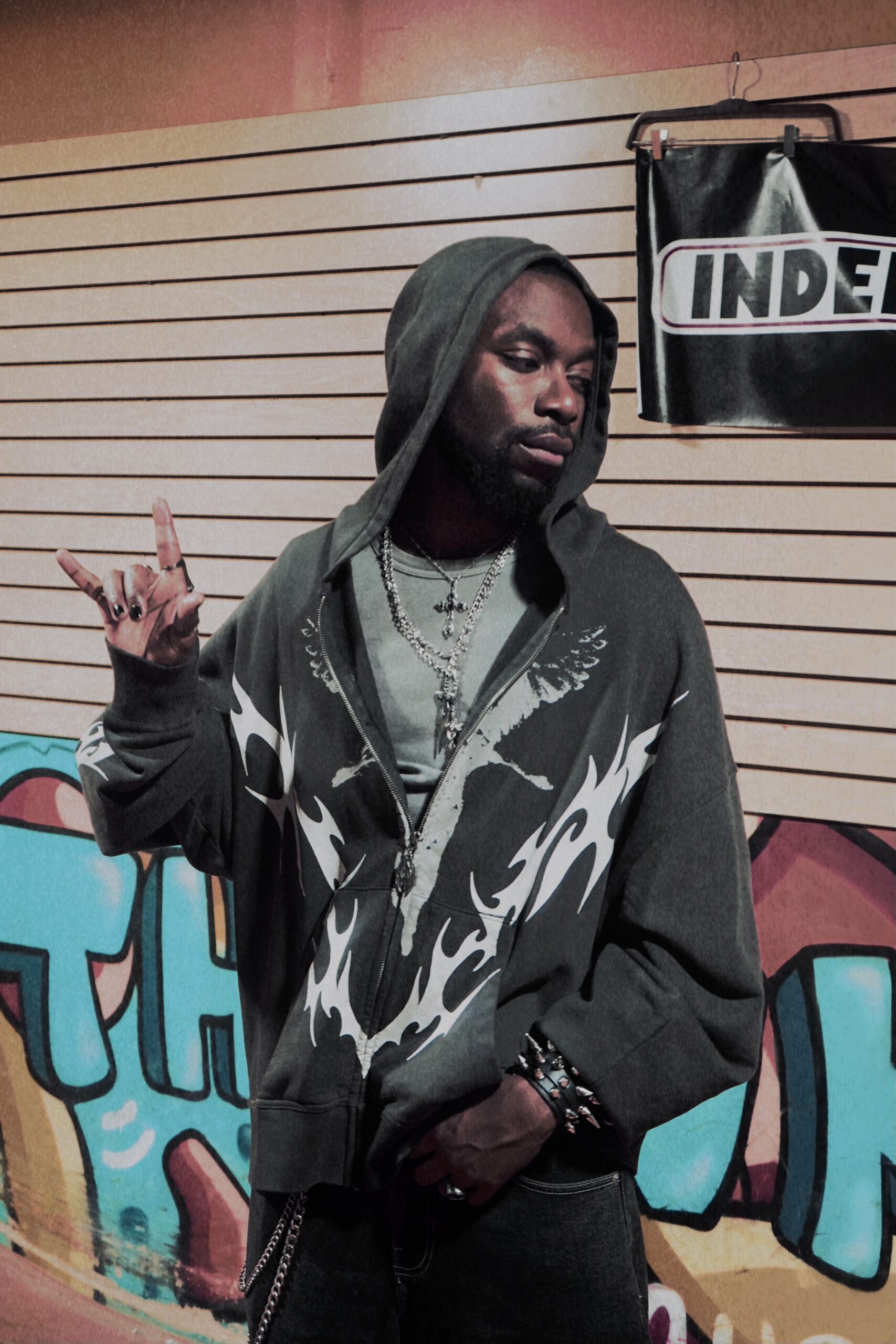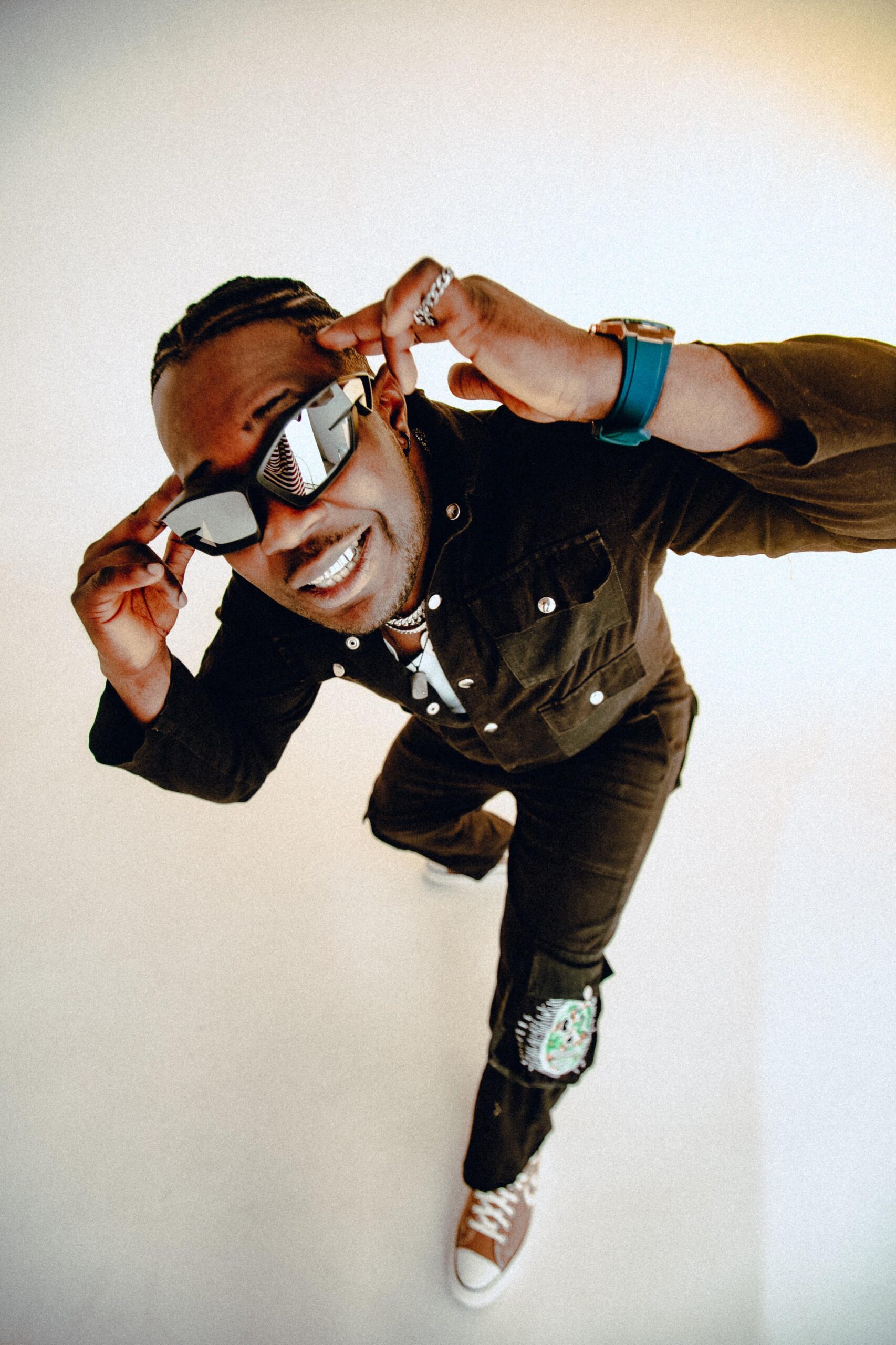Bomi Anifowose
In every thriving culture, antiheroes do more than stir controversy, they hold up a mirror. They complicate easy narratives, disturb the peace when the peace is dishonest, and shape new directions by refusing to play along. Yet, in African pop culture, the antihero is a near-extinct species.
We worship icons. We love a hustler’s tale. We celebrate rags-to-riches arcs and gloss over the moral grays. But we don’t know what to do with the person who breaks the script and doesn’t apologise for it. The person who won’t play nice, won’t smile for endorsement deals, and won’t say “love and light” after a cultural punch in the gut.
The truth? African pop culture refuses to make space for antiheroes. And in doing so, it risks becoming increasingly predictable, painfully safe—and ultimately, less impactful.
From Lagos to Nairobi, Accra to Johannesburg, the cultural mood is overwhelmingly polite. Our stars are well-packaged, heavily PR-managed, and dripping in “gratitude to God.” Controversy exists, yes—but it’s almost always accidental. No one is trying to be the villain. Everyone’s aiming for favour, applause, relatability.
But culture thrives when there’s discomfort. When there’s tension. When someone breaks the rules and dares us to grow. In Western pop culture, the antihero has always been a catalyst: Kanye West, Cardi B, Tyler, the Creator, Joe Budden, Dj Vlad. These are not just stars; they’re social irritants. And in many ways, they keep the culture honest.
Where are our equivalents?
For a brief period, Ghana’s Shatta Wale embodied the African antihero prototype. Loud, erratic, mercilessly honest—he took aim at award shows, the media, the music industry, and even fans. His defiance wasn’t just personal; it was structural. He questioned who had power, why they had it, and what it would take to disrupt them.
But Shatta Wale wasn’t celebrated for this. He was bullied, mocked, labelled unstable. His villainy was never romanticised the way we do with Western counterparts. Eventually, he toned it down. Not because he ran out of things to say—but because African pop culture doesn’t allow that kind of long-term deviance.
In the media space, Nigerian music journalist Joey Akan once walked the antihero line with precision. He critiqued the hype machine, questioned gatekeeper politics, and often voiced what many insiders whispered behind closed doors. For a while, he was the villain the culture needed—someone who took the risk of being disliked for the sake of critical clarity.
But even he couldn’t sustain the posture. In recent years, we’ve seen him inch toward safer ground: more artist-friendly takes, fewer provocations, a softening of tone. Some call it growth. Others see it as capitulation. Either way, it’s a sign of how our cultural ecosystem wears down its thorns.
Pulse Nigeria’s Adeayo, another voice in this increasingly sanitized media space, has emerged as a new-school disruptor willing to ruffle feathers. X (formerly known as Twitter) is his arena of choice, and he uses it with brash clarity. He has no qualms calling out mediocrity, overstated hype, or the contradictions in pop music narratives. His commentary is not just reactive—it’s opinionated, unfiltered, and culturally sharp. He is, in many ways, one of the few critics who still dares to be disliked.
Yet even Adeayo’s villainery exists on unstable ground. If history is any indication, this edge may dull over time. As with Akan before him, the pressure to play nice—or at least, play smart—has a way of reshaping the most fiery critics into polished insiders. The game rewards proximity and punishes resistance.
Still, in the current landscape, Adeayo stands out for refusing to blur his takes into beige diplomacy. He reminds us what it looks like when a media voice chooses courage over access.
Why We’re Scared of the Antihero:
There’s a reason for this fear. Antiheroes threaten more than comfort—they threaten capital. In an industry where branding is survival, rebellion is dangerous. A poorly timed tweet, an unfiltered rant, or an unpopular take could mean lost endorsement deals, shadowbans, even industry blackballing.
But the fear is cultural too. Many African societies still carry post-colonial hangovers—where obedience was rewarded and dissent was punished. The antihero defies traditional respectability. And our instinct is to punish them for it.
Others Who Flirted With the Mantle:
We’ve seen hints of resistance across the continent:
Nota Baloyi in South Africa is unapologetically confrontational, calling out industry hypocrisy with volcanic energy. But his delivery often overshadows his message, making him easy to dismiss.
Odumodublvck, in Nigeria, possesses an anti-industry spirit. Rough edges, political references, disdain for clout-chasing—but his packaging is still cool enough to keep him embraced.
Tems breaks norms quietly, resisting the commercialised performance of femininity. She’s defiant by omission, not declaration.
Bobi Wine, Uganda’s former pop star turned political outlaw, may be the continent’s most powerful cultural dissenter. But his journey into politics pushed him out of pop discourse entirely.
None of these figures have fully inhabited the antihero role in the tradition of Western pop. They hover near it, but retreat before the system shuts them out completely.
Why the Antihero Matters:
Antiheroes keep us honest. They refuse the tidy endings. They disrupt award shows. They question press narratives. They start uncomfortable conversations that polite pop stars never will.
Without them, African pop culture becomes a hall of mirrors—full of praise, low on tension, high on branding, short on growth. We get the same interviews, the same aesthetics, the same industry alliances masquerading as culture.
To grow, we need people who don’t care about access. Who don’t care about losing fans. Who speak hard truths because they love the culture enough to risk being hated by it.
Make Space, or Stagnate
The real question isn’t why we lack antiheroes. It’s what we lose by refusing to make space for them.
We lose critique. We lose friction. We lose the people who speak when silence is easier. We lose cultural evolution in favour of easy consumption.
The African pop machine is working—but it’s working too well. It’s too tight, too polished, too polite. What we need now is the troublemaker. The agitator. The artist, writer, or creator who refuses to be digestible.
Because sometimes, it’s the antihero—not the hero—who truly saves the story.




